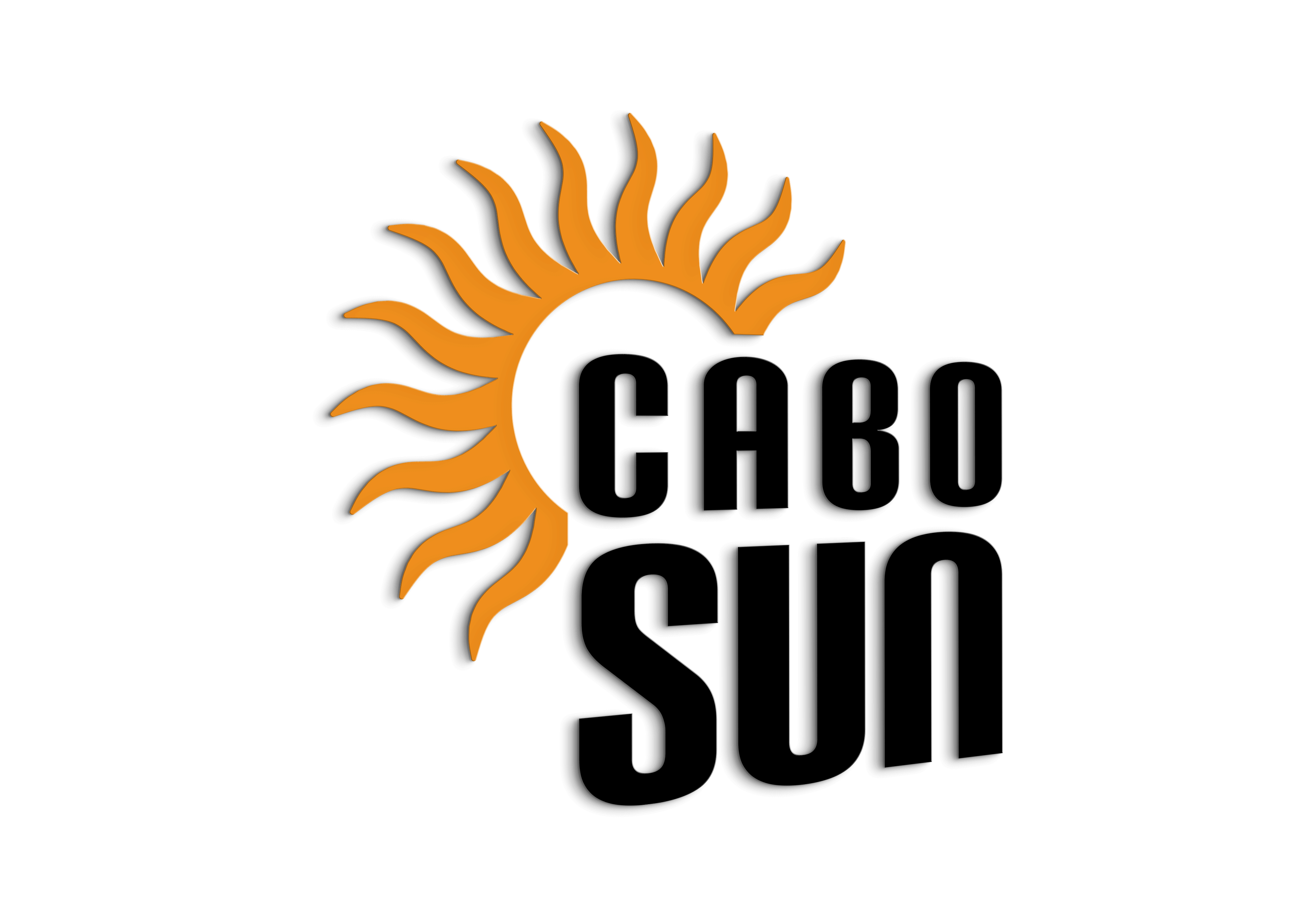Last Updated
The Los Cabos event, La Nueva Pesca, brings fishermen together for a good cause. Instead of casting their nets in hopes to haul in fresh fish, their goal is to scoop up as much trash as possible, making the ocean a cleaner and safer place for marine life and visitors. The competition was a huge success, resulting in the collection and removal of more than 2.3 tons of trash from Los Cabos beaches.
The event was organized by Colectivo Cabos and la Universidad Casa Grande, with contributions from the nonprofit Mingas Por El Mar and several businesses including Gira, and Disena. More than 20 ships showed up that were filled with over 120 fishermen, each one competing to see who could catch the most. At the end of the competition, more than 2.3 tons of trash were collected, marking it as a successful and meaningful event for Los Cabos oceans.
Fishermen were only allowed to cast their nets that they use for fishing and can only put trash aboard. The idea was to get the fishing community involved to emphasize the need to take care of the oceans and to raise awareness about the large amounts of waste that wind up making it into the ocean.
Director of Collectivo Cabos, Sergio Moraga explained the objective of the trash fishing competition, noting that it’s “not only to clean oceans and lakes, but to create an empirical experience that shows the value of fishing for the community and the benefits it brigs to the local economy.” Due to its success and the high level of participation, he ended on a positive note, claiming, “this is just the beginning.”
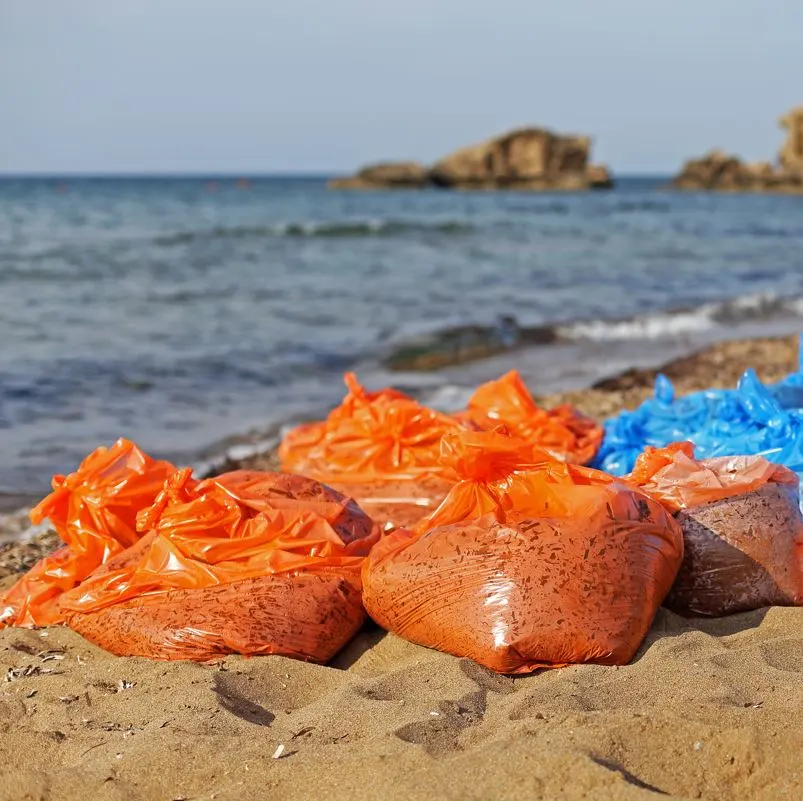
Because of the success, organizers are busy at work planning the next event, looking for participating fishermen to join the competition. In addition, they plan to recycle all of the trash and convert items such as discarded fishing ropes into items to promote sustainable manufacturing. Members of the participating groups will volunteer to get the job done and invite others to get involved.
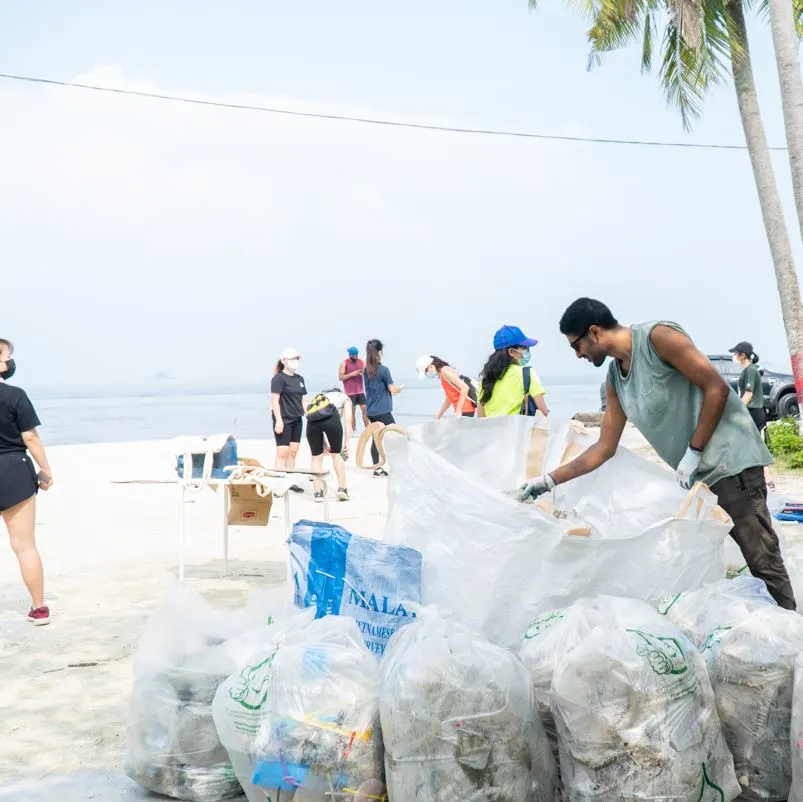
Each year, millions of tons of trash make their way into the ocean, creating a disastrous environment for the delicate sea life. Among the most common things found are discarded fishing nets, which are said to the most polluting and damaging items in the ocean. Director of Mingas Por El Mar Cecilia Torres explained that “loose fishing nets in the sea are one of the most polluting microplastics in the ocean and are seriously affecting the balance of the world’s marine ecosystem.”
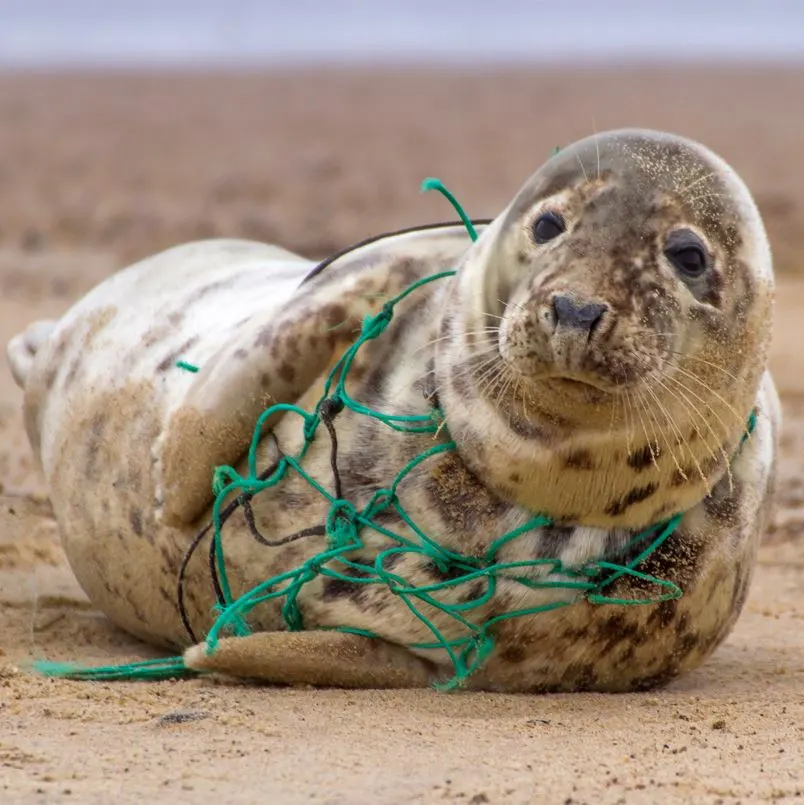
Collective Cabos and students from Casa Grande University were the driving force behind the project, teaming up to encourage the community to participate. They are already back at the drawing board looking for new ways that they can market their competition and plan other successful clean-up activities. For some time now, ocean activists have been pushing for more sustainable practices, urging officials to take charge, especially with the growing number of tourists in the area. Officials and residents want to keep the beaches clean and sustained for a healthier marine ecosystem.
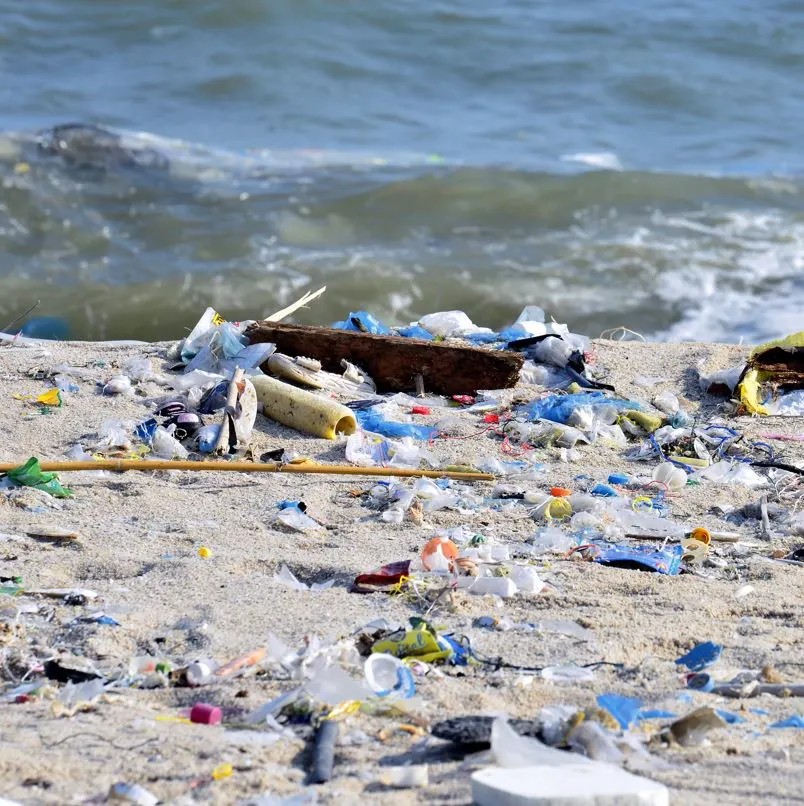
Initiatives to keep beaches clean and steer clear of wildlife are at the top of the agenda for Los Cabos officials. They’ve launched programs to protect whale sharks, whales, and sea turtles, along with paid positions to clean up beaches. Even though officials are there to clean up trash, they’ve seen a sharp increase since tourism is back up and booming, asking all visitors to be more aware of their mess and clean up after themselves when visiting the beach.
